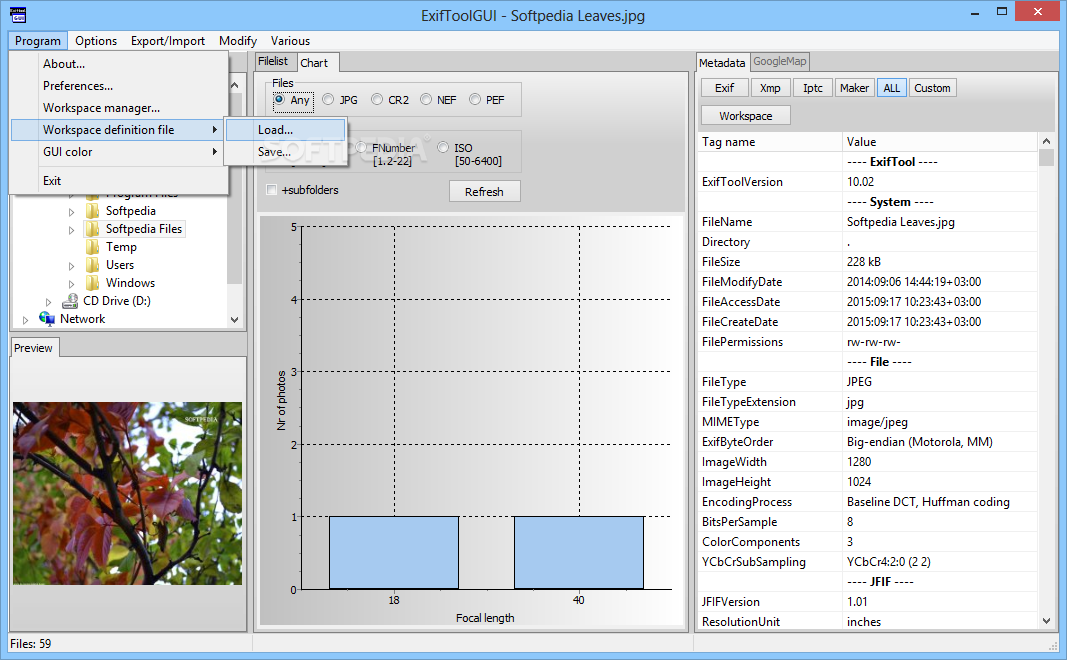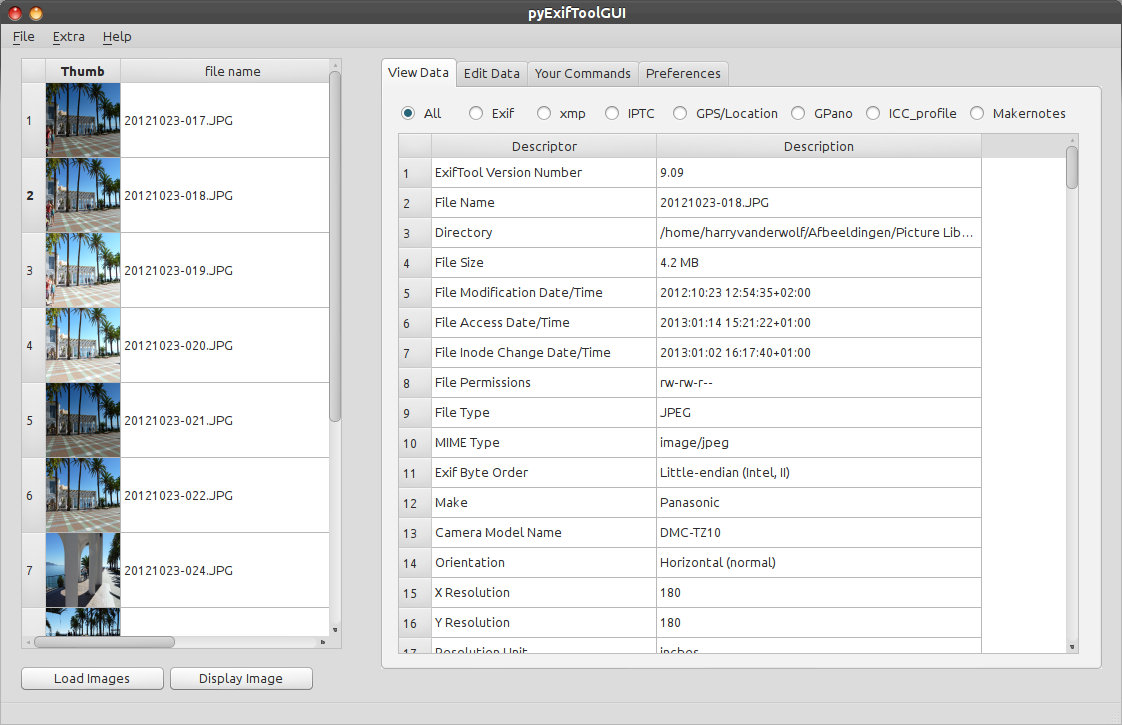
If tag holding a medical diagnosis embedded in an x-ray image got changed accidentally, that’d be bad. You can add some custom tags not defined by the DICOM or EXIF standard in exiftool and change many tags but not all. The DICOM standard dictates that the image supports tags like the attending physician’s name, procedure date, and exposure length.

These standards define tag “schemas” that dictate the tags assigned to specific filesįor example, metadata on an x-ray image taken at a hospital or medical center will follow the DICOM standard. For example, two of these standards are Digital Imaging and Communications in Medicine ( DICOM) and Exchangeable image file format (EXIF). Having this standard set of values for tags allows exiftool users to know what values are available for specific tags. This Flash tag example has a defined set of values it can have 27 to be exact. The Flash tag may then have a date value that indicates when the picture was taken. When you do, your phone may store the picture and embed a metadata tag in the picture named Flash. For example, perhaps you take a picture with your phone. Tags are key-value pairs embedded into files that store information about that file.

Tags are extremely important to understand as nearly everything in exiftool comes back to metadata tags in some way.

Metadata is stored in these files as metadata tags or just tags. Metadata is information embedded into documents and media that are typically hidden from view. Translating Tags into Different Languagesīefore you can understand how to use exiftool, you must understand metadata.Filtering with If/Then Conditional Logic.Exporting Tag Lists to CSV, HTML, JSON, and More.Displaying Only Tags in a Specific Group.



 0 kommentar(er)
0 kommentar(er)
